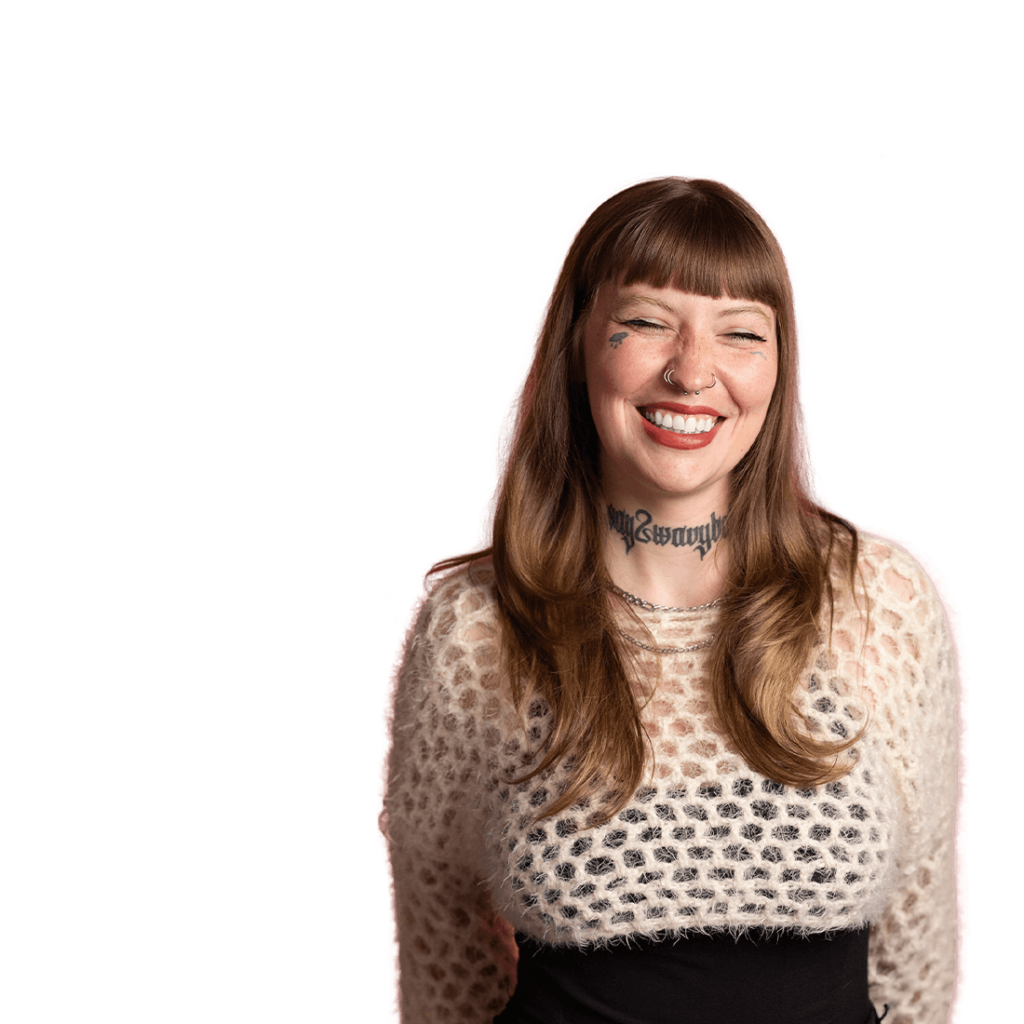TikTok as the new WebMD? Thoughts from our VP of public relations.
From dancing videos to ASMR, TikTok caters to specific interests and influences us in ways we’ve never experienced. And in the midst of COVID-19 lockdowns, the social platform seemed to take the world by storm.
But like anything online, it’s important to be fully aware of what you’re consuming – especially when it comes to healthcare content. While scrolling from video-to-video for hours, it’s good to be cautious regarding what information is true or false. TikTok facilitates a storytelling environment, which can largely influence our daily habits, nutrition, and even our way of thinking. Most recently, TikTok has become a search engine and provides a slew of videos as “answers.” And this now has many turning to TikTok to diagnose their health.
So, we sat down with our VP of public relations, Andrea Gallagher, to chat about social media and what tips she has on using TikTok while also using your head.
Anna: How has the social media landscape shifted in the past few years?
Andrea: “It feels like the social media landscape changes every day, but obviously the biggest change over the past few years has been the growth of short-form social video like TikToks and Reels. Plus, even though TikTok used to be a Gen Z–centric platform, users of all ages are active on the app.”
Anna: How has TikTok changed this landscape?
Andrea: “Where Instagram has been a platform to share carefully curated content, TikTok is much more unpolished and real. Content that performs well is genuine, relatable, and useful! Plus, TikTok’s interface really gives users the ability to flex their creativity regardless of what they are posting about. It means seemingly straightforward information can now be shared in fresh, exciting ways.”
Anna: How are people using TikTok as a search engine?
Andrea: “According to TikTok, 55% of users use the platform to research brands or products, and younger audiences are starting to use it almost as a search engine. Why? A recent AdWeek article notes that Gen Zers in particular are drawn to the visual nature of the platform. They want to see what they are searching for in action in an authentic way.”
Anna: How can one determine credibility on social media?
Andrea: “It’s incredibly easy to get sucked into a social post or video, but it’s important not to take things at face value. If you’ve stumbled across a video and want to determine whether the source is credible, the first step is to take a closer look at this person’s profile. If they don’t have any friends or followers, and they don’t post regular content (or they share the same content over and over), chances are they are a bot and NOT a credible source. Beyond that, you’ll likely have to do some research outside of the app. Are they who they say they are? Can you determine their credentials? Is there any media coverage on this person from credible news sources?”
Anna: What dangers come from self-diagnosing via social media?
Andrea: “Everybody is different, and nobody knows you or your symptoms better than your doctor. Not only can Dr. Google or Dr. TikTok lead you down a worst-case-scenario anxiety spiral, they can push you toward treatment that might not be right for you or your potential condition. The best course of action is to call your doctor instead of attempting to self-diagnose on TikTok.”
With this knowledge, be sure to reach out to your doctor with all medical questions as needed. Afterall, social media does not have a doctorate nor years of field experience.
Click here to for more tips on using social media safely.

